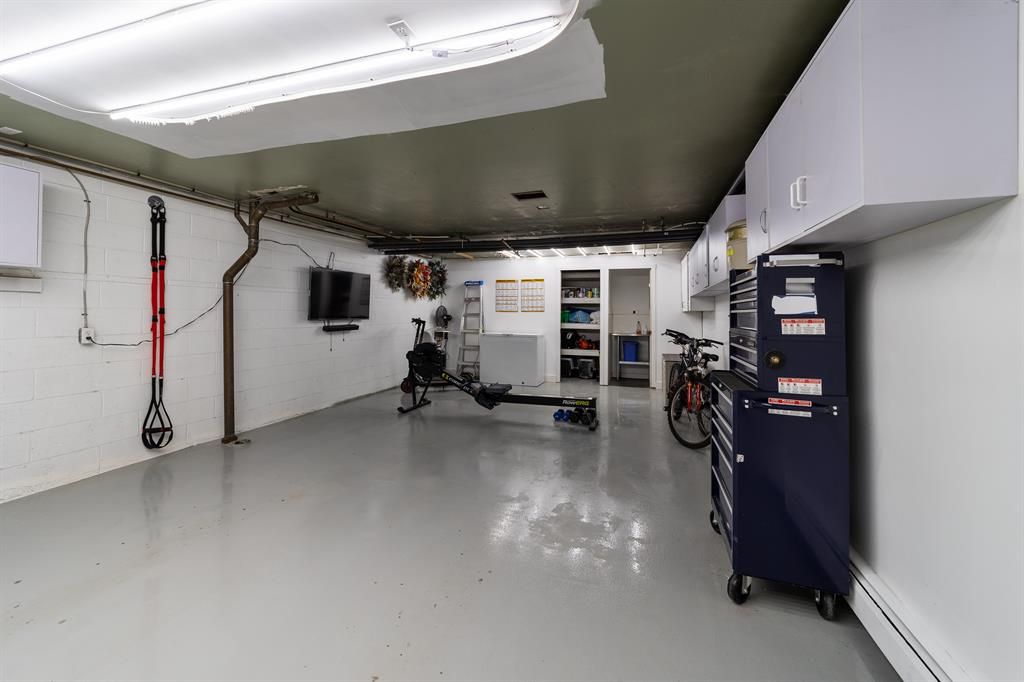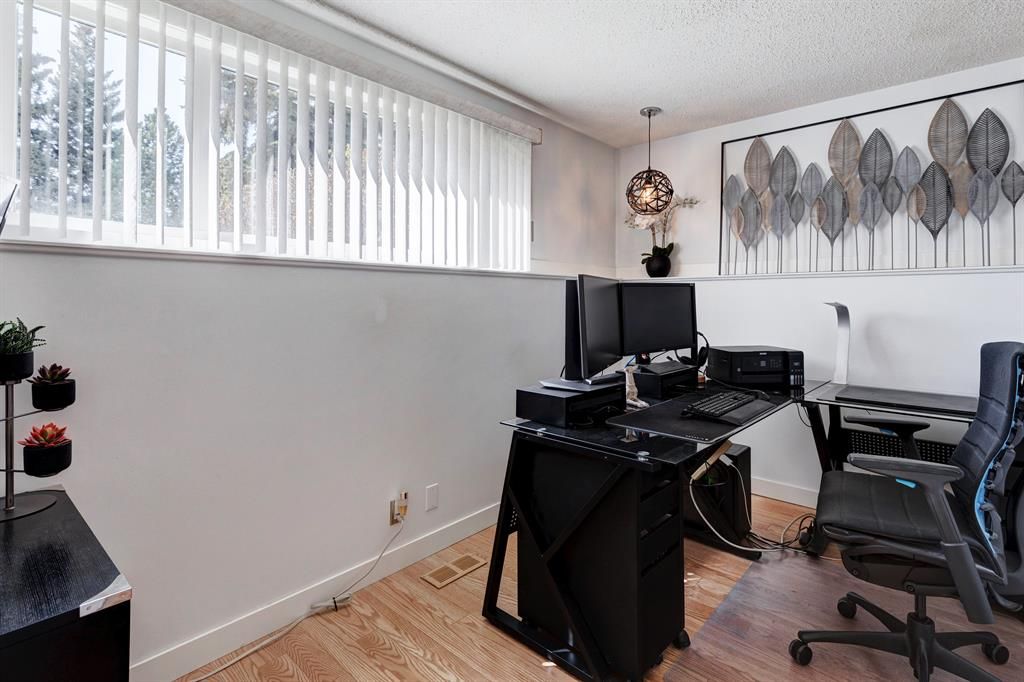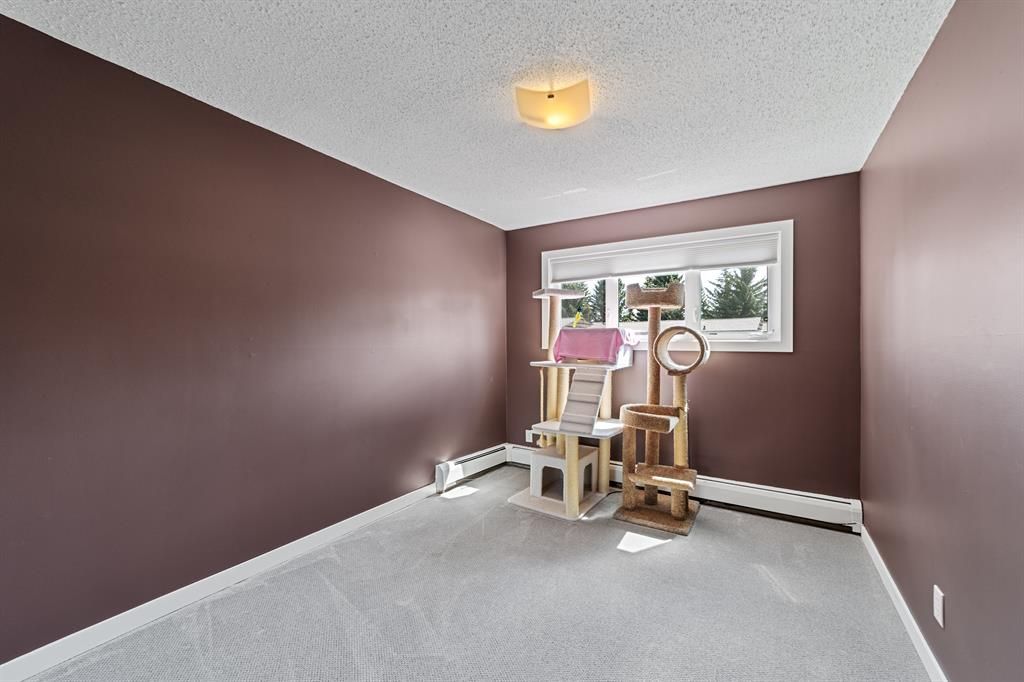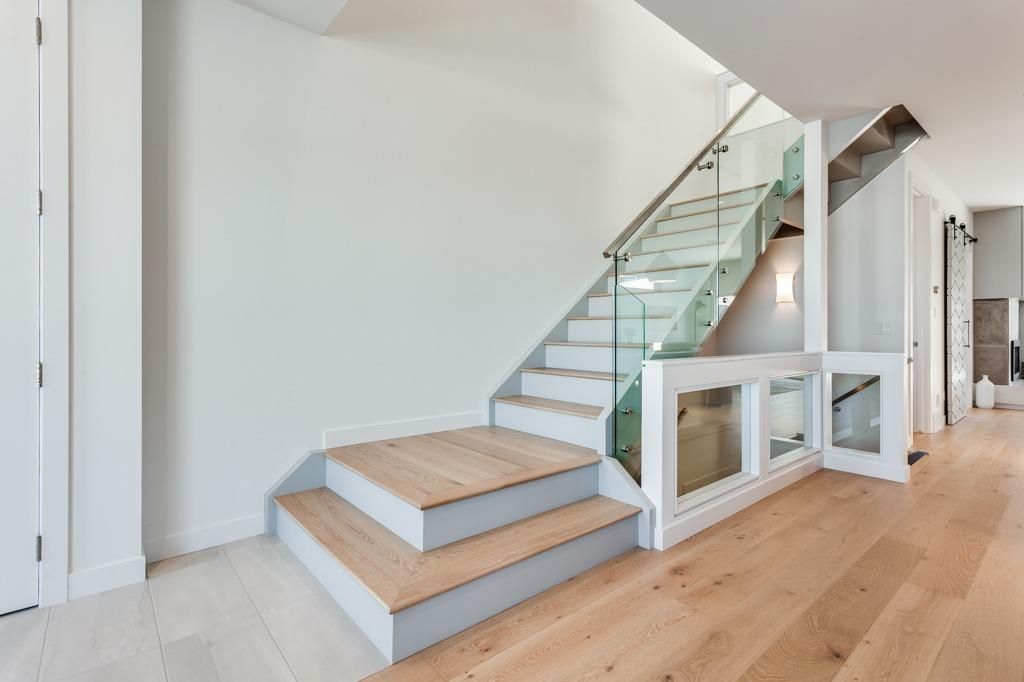DIY Basement Projects
Basement remodeling is a great way to add value to your home, create additional living space, and get more out of your basement. Some homeowners opt for a do-it-yourself (DIY) basement remodeling project, leveraging their own vision and budget to create the perfect basement space.
Before you embark on a DIY basement remodel, it’s important to familiarize yourself with some of the most important dos and don’ts. Let’s take a closer look at some expert advice that can help ensure your basement renovation project is a success.

Basement Remodel Tips
The first and perhaps most important rule of thumb to keep in mind is to ensure adequate insulation in your basement before starting your project. Check for insulation requirements set by your local municipality, and if installation is required, take the time to do it properly. Proper insulation can help create a comfortable living environment, reduce noise, and improve energy efficiency.
Of course, it’s important to also plan out the renovation carefully before getting started. Visualize your space and make sure to plan out the measurements well in advance. This will allow you to get a realistic idea of how your space will look, and ensure you don’t run into any problems in the installation process.
When renovating your small basement, install some type of dehumidifier to keep mold and mildew from forming. This is especially important if you plan on putting new furniture, appliances, carpets, or other materials in the basement. In additions, check for any signs of moisture damage, which may indicate a leaking problem.

Expert Advice
Although hiring a professional is not necessary for a basement renovation, there are certain areas of the project that require specialized expertise, such as electrical wiring and plumbing. If your renovation project is rather substantial, it may be worth it to hire a professional contractor with experience in basement renovations.
- Safety should always be your top priority when working in the basement.
- Wear proper safety equipment at all times, including protective glasses, gloves, and a face mask.
- Make sure to always read and follow the instructions printed on any product you use to complete your basement remodeling project.
By following these dos and don’ts, you can take the guesswork out of your basement renovation project, ensure your safety, and get the most out of your DIY basement remodel.

Sustainable Home Renovation
Homeowners who are interested in taking sustainable actions to reduce their environmental footprints may like to consider making their home renovation projects greener. With increasing attention to becoming more conscious of energy and water use, many people are starting to focus more on building materials are eco-friendly and how to use them for sustainable home renovation projects.
One of the first things to keep in mind when creating a green home renovation project is to use low-energy materials. Sustainable building materials that are manufactured responsibly cause minimal damage to the environment, and they can also help to reduce the amount of energy that is needed for the completion of the home renovation project. Some of the most popular sustainable building materials that many homeowners may want to consider include earthbag, jute, sheep’s wool insulation, and rain-screen siding.
Using low-energy materials also means using materials that are natural and renewable. Natural and renewable materials are eco-friendly and can help homeowners save money, since these materials can be recycled and reused. Some popular natural and renewable materials that homeowners may want to consider include bamboo flooring, recycled glass countertops, reclaimed wood, and cork boards.
Green Home Renovation
Apart from using low-energy and natural materials, one of the best ways to create a sustainable home renovation project is to reduce the energy needs of the home. Many homeowners are now focusing on installing energy-efficient appliances, installing energy-efficient windows, and using energy-saving insulation. The key to creating a home with eco-friendly materials is to make sure that these energy-saving features are properly installed and maintained.

Another way to make the home renovation project more green is to install solar panels. Solar panels help to decrease the amount of energy that the household needs to purchase from the grid. As long as the home is able to capture enough sunlight, solar panels can help to reduce the household’s energy costs significantly.
In addition, it is also important to consider using recycled and reused materials for the renovation projects. Reclaimed wood from old homes can be re-used in the renovation project. There is also a variety of innovative ways to reuse materials such as walls and wallpapers. In addition, recycled glass and tin can also be reused for flooring and other materials.

Finally, one of the best ways to make sure that the renovation project is as green and sustainable as possible is to use recycled or recycled energy sources wherever possible. Whether it is a geothermal heating and cooling system or solar panels, making sure that the home is powered by renewable sources can help to reduce the environmental footprint of the home and also reduce long-term energy costs.
By using low-energy materials, natural and renewable materials, installing energy-saving features, using solar panels and reusing materials, homeowners can create green home renovation projects that are both eco-friendly and cost-effective. With the increased awareness of environmental issues, it is important for homeowners to take steps to protect the environment and reduce their carbon footprints. Sustainable home renovation projects can help to do just that.
Check out plumbers

